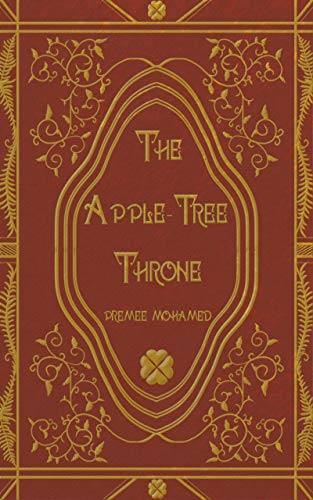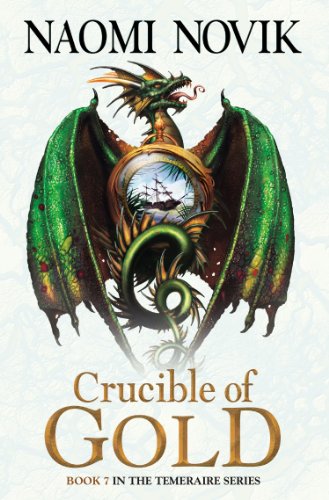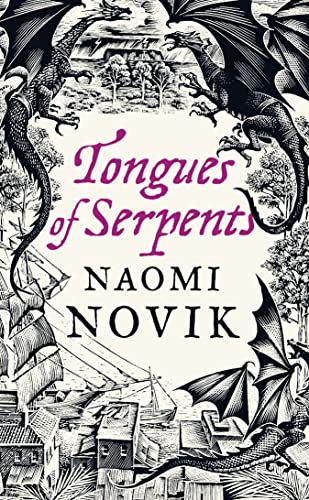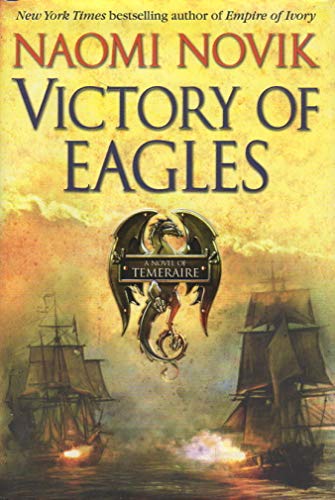None of the other physicians in Mental Recovery had seen the war. They didn’t know how the “hopelessly outgunned” Laneeri had fought back with surprise, silence, and savagery. The men here needed me. After everything I had been forced to do in Laneer, I could never abandon them. [loc. 259]Dr Miles Singer went to war as a doctor, and now he's home in Aeland. The war isn't over for him, though, nor for his patients in the Mental Recovery ward: veterans who are plagued with terrifying dreams of another presence dwelling within them. Thus far Miles hasn't experienced such nightmares. He's convinced that if he can unravel their origin, he might be able to explain why so many veterans commit murder when they return to their families.
Then a handsome stranger arrives at the hospital, with a dying man, Nick Elliot, who begs Miles to help him. He says the soldiers deserve the truth. But what truth? And how does he know that Dr Singer is 'Sir Christopher'? His companion, Tristan Hunter, offers his assistance in discovering the truth behind Elliot's death. Was it connected with his investigative journalism? Or was it because he was a witch -- like Miles?
In this society -- strongly reminiscent of our own Edwardian age, though with different technology and functional magic -- witches of the lower classes invariably go mad, and are committed to asylums. That Miles has not been thus incarcerated is an additional sign that he's of the nobility, the Storm-Singers who preserve Aeland from disaster. He's estranged from his family, because they would have used him as little more than a magical battery. Instead, he surreptitiously uses his powers to heal.
Miles can detect something odd, some form of illusion, concealing Tristan's true nature. He's immensely attracted to Tristan and believes it mutual: but when he discovers who Tristan really is, he despairs.
I very much enjoyed this novel, the first in a series: it's well-paced, with intriguing characters and a fascinating setting. The moral issues faced by Miles, Tristan and Miles' sister Grace are by no means simplistic, and there is an underlying darkness to the plot that casts a shadow over both Aeland and its conquered enemy, Laneer. And Miles, the first-person narrator, is a very likeable character: a decent man striving to do right, horrified by the atrocities around him.
I did, though, find some aspects of the novel's final chapters unsatisfactory. The romantic development seemed to come out of nowhere, and in the wider picture everyone seems to have been left on the brink of disaster. I'm sure that this will all be resolved in the next volume (which I have preordered), but it felt unfinished, inconclusive, rushed.
Also very interesting to read this immediately after The Apple-Tree Throne: there are thematic and environmental similarities, and Miles -- though of aristocratic origins -- would, I think, like Ben a lot.













